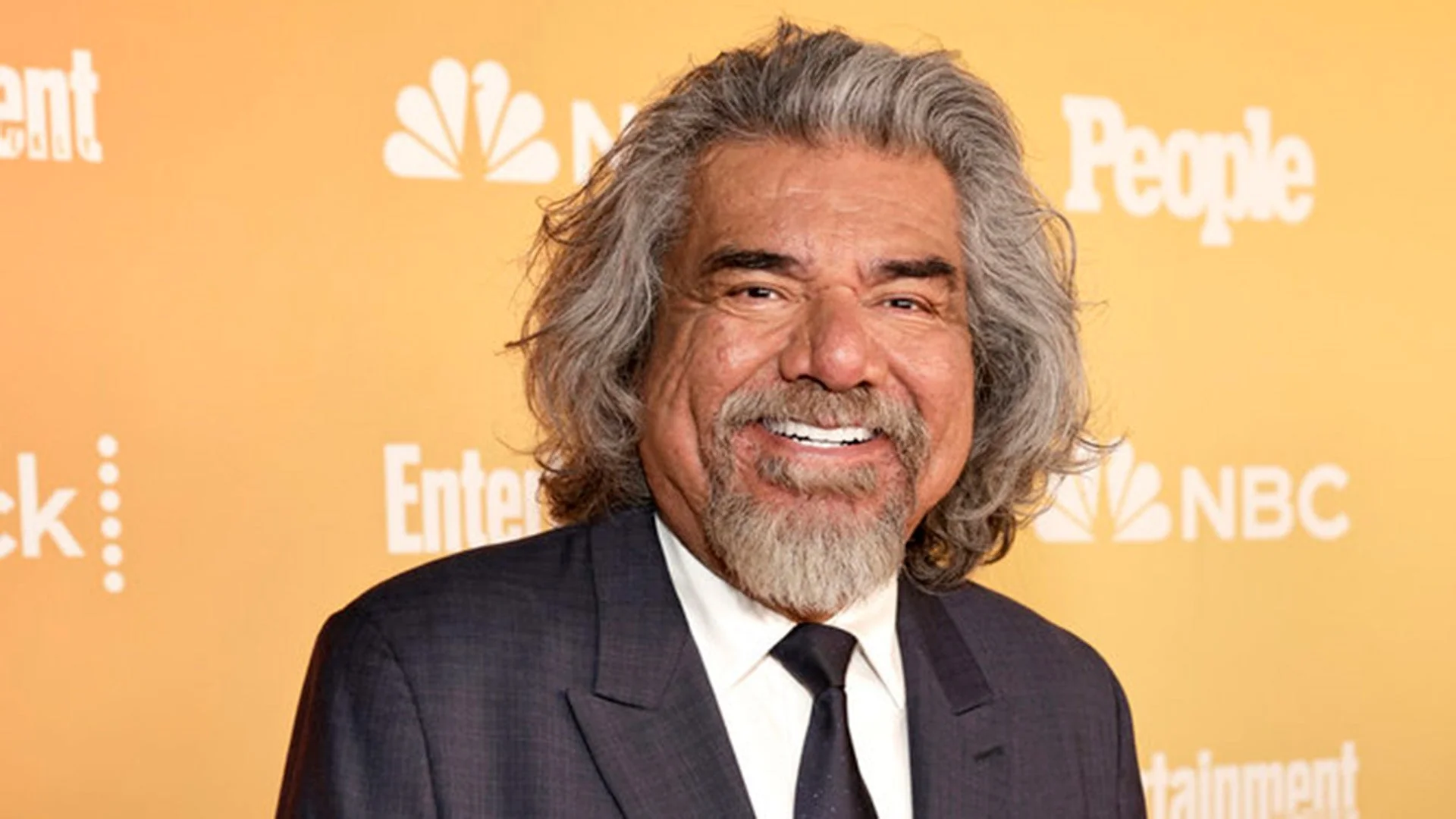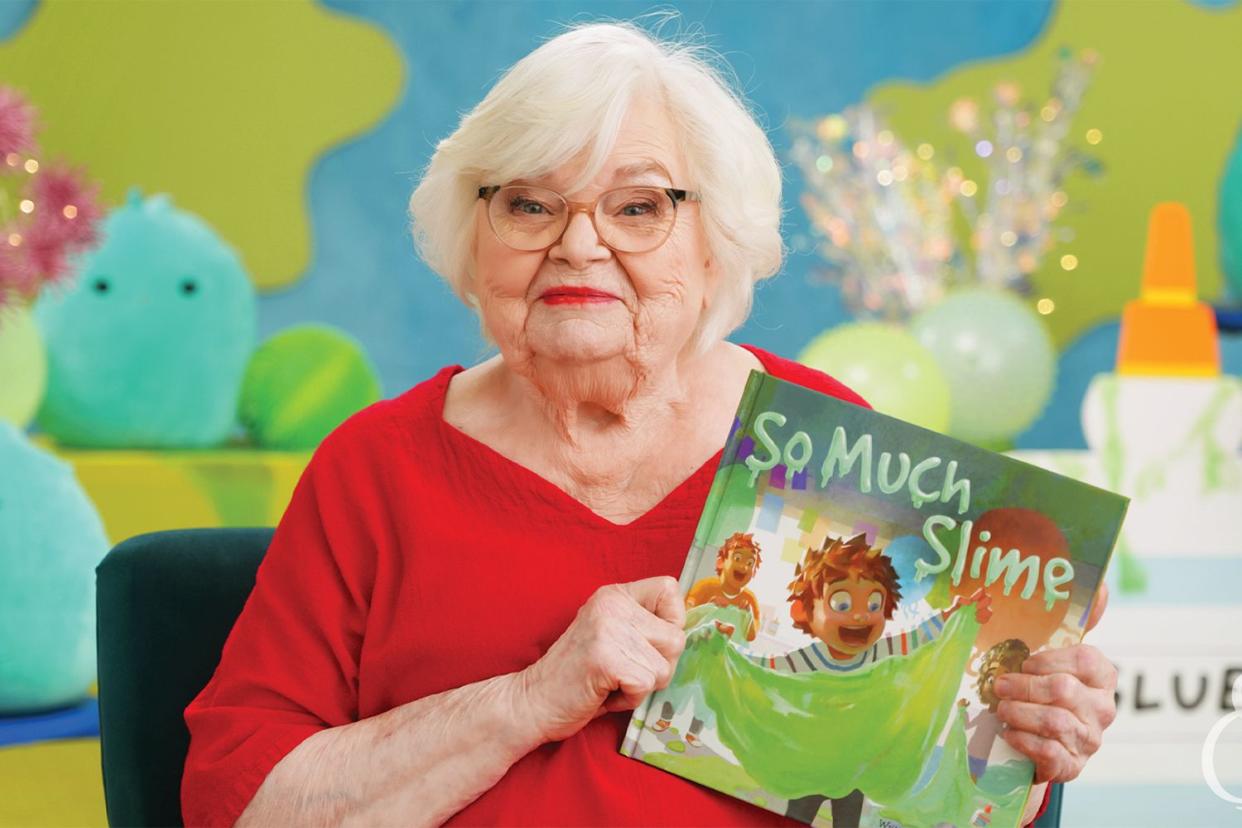George Lopez: A Trailblazer in Comedy and Television
George Lopez is one of the most prominent names in American comedy, known for his stand-up routines and groundbreaking work on television:) Born on April 23, 1961, in Los Angeles, California, Lopez grew up in a predominantly Mexican-American community:) His early life, marked by personal struggles and hardships, played a significant role in shaping the themes and humor that would later define his career.
Early Life and Career Beginnings
Lopez’s childhood was far from easy. Raised by his grandmother after being abandoned by his parents at a young age, Lopez’s experiences with neglect and poverty were formative:) These early challenges helped him develop a sharp sense of humor that would become a central theme in his comedic style:) After graduating from high school, Lopez pursued a comedy career, initially performing at local clubs and open mics in Los Angeles.
His big break came in the 1980s when he began performing on “The Arsenio Hall Show” and other late-night programs:) These appearances marked the start of his rise to prominence in the comedy world:) Over the years, Lopez honed his skills, blending personal anecdotes with social commentary, particularly about his Mexican-American heritage and experiences with racism.
The Rise to Fame
Lopez’s career truly skyrocketed in the early 2000s with the debut of his self-titled sitcom, George Lopez, which premiered on ABC in 2002:) The show was a game-changer for American television, as it broke new ground by featuring a predominantly Latino cast and exploring the everyday life of a Mexican-American family:) Lopez played the lead role, George Lopez, a fictionalized version of himself, dealing with the ups and downs of family life, work, and cultural identity.
The show was lauded for its authenticity and humor, with Lopez’s portrayal of a father struggling to balance work and family resonating with audiences from diverse backgrounds:) George Lopez became one of the few network sitcoms to center on a Latino family, making it a trailblazer in diversifying the representation of ethnic minorities on mainstream television.
Beyond its cultural significance, George Lopez was also a commercial success, running for six seasons and earning numerous awards and nominations:) The show’s success helped cement Lopez’s place as one of the most influential Latino figures in entertainment.
Comedy and Cultural Impact
George Lopez’s comedy is deeply rooted in his Mexican-American identity, and he frequently uses humor to address issues like race, family dynamics, immigration, and identity:) His stand-up routines are infused with a mix of observational humor, storytelling, and sharp social commentary:) He tackles difficult subjects like the struggles of the Latino community with both wit and sincerity, making his comedy accessible and relatable to a wide audience.
Lopez’s 2009 stand-up special, George Lopez: Tall, Dark, and Chicano, is a prime example of his unique comedic style:) The special was praised for its insightful commentary on the challenges and triumphs of being Mexican-American, and it further solidified his status as a trailblazer in the comedy world.
As one of the few successful Latino comedians to break through to mainstream American television, Lopez’s impact has been profound:) He opened doors for other Latino comedians and actors, and his success has helped pave the way for greater diversity in Hollywood:) His willingness to tackle issues of race and identity in a humorous yet thoughtful way has inspired many in the Latino community to embrace their culture and voice.
Later Ventures
After George Lopez died in 2007, Lopez continued to work in television and film:) He hosted a late-night talk show, Lopez Tonight, from 2009 to 2011, which offered a mix of celebrity interviews, comedy sketches, and political commentary:) Although the show was short-lived, it demonstrated Lopez’s versatility and his ability to transition into a different format of television.
In addition to his television career, Lopez has appeared in a variety of films, including Swing Vote (2008) and Valentine’s Day (2010):) He has also lent his voice to animated films, such as The Spy Kids franchise and The Smurfs 2 (2013), further expanding his presence in Hollywood.
Lopez has also continued to tour as a stand-up comedian, performing live shows across the country and internationally:) His comedy tours remain popular, as he has a strong and loyal fan base.
Personal Life and Advocacy
Beyond his career, George Lopez is known for his advocacy work:) He has been outspoken about issues affecting the Latino community, including immigration reform and the need for more representation in Hollywood:) He is also a vocal supporter of various charities, including organizations focused on children’s health and education, as well as the fight against kidney disease:) Lopez himself has battled kidney disease, undergoing a life-saving kidney transplant in 2005, a personal experience that he has openly discussed in his comedy and public appearances.
Lopez’s personal story, his career, and his advocacy efforts have made him a symbol of resilience and perseverance:) He has used his platform to break barriers for Latino performers in the entertainment industry and to address social issues that often go underrepresented in mainstream media.
Conclusion
George Lopez’s journey from a struggling stand-up comedian to a groundbreaking television star is a testament to his talent, resilience, and cultural significance:) As a trailblazer for Latino representation in entertainment, Lopez has not only made a lasting impact on comedy and television but has also opened doors for future generations of Latino performers:) His comedy continues to resonate with audiences around the world, and his legacy as a pioneer in entertainment is firmly established:) Whether through his stand-up routines, television shows, or advocacy work, George Lopez remains a beloved and influential figure in American entertainment.




